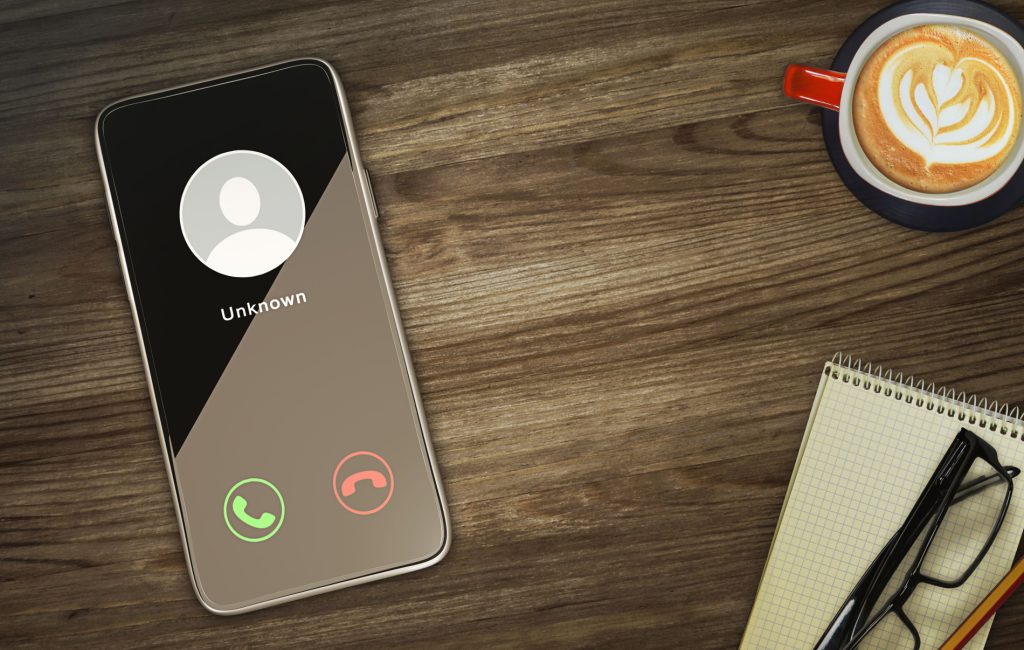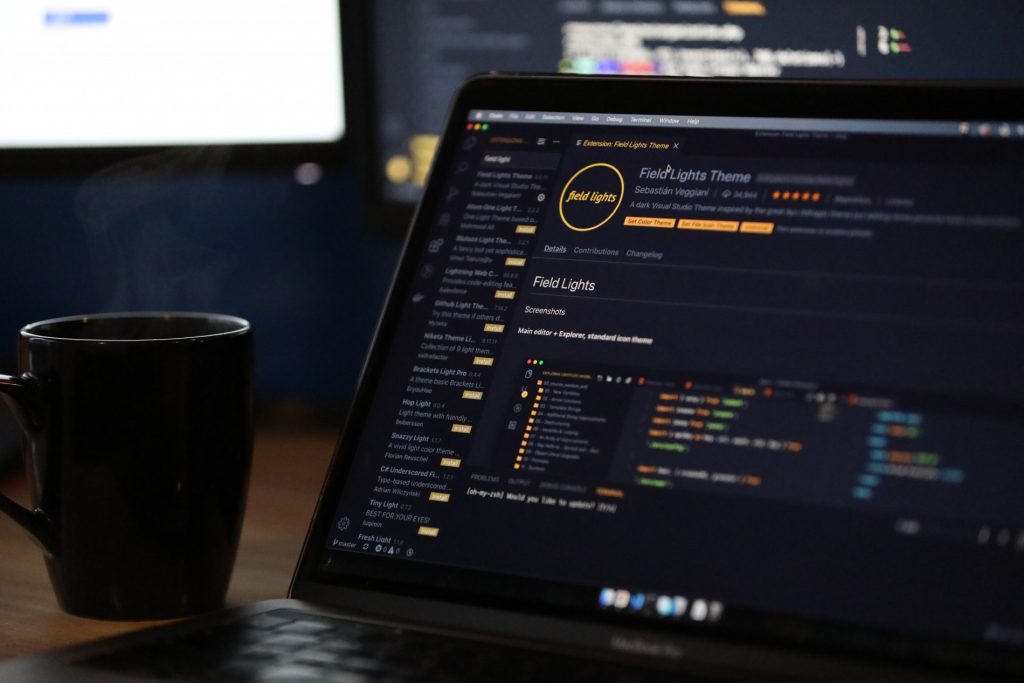Meet the centennials
Talking 'bout our next generation.
“We are going to be the kids you will read about in textbooks”
Those are the words spoken by Emma Gonzalez, an American student who at 19 years of age survived a mass shooting at her high school in Portland, Florida and subsequently went on to become an activist and advocate for gun control. Her speech, which she made at a gun control rally, went viral.
As abhorrent as the acts were, which resulted in these rallies and the “March for our lives” protests, I remember listening to her speak, a million miles from my own reality, and I yet felt an odd sense of relief. Because as a parent to a now six year old, I realised it will be the Emma Gonzalez’ and her cohorts who would be the world leaders, the business leaders, the politicians and the social entrepreneurs that my son will grow up and look up to, aspire to, be inspired by and possibly work for.
For so long now, the subject of the generational divide in the workplace has been a topic amongst employers, HR practitioners, leaders and business owners. A broad and sweeping generalisation of stereotypes. The baby boomers’ value hard work demonstrated by the number of hours you put in, generation X don’t want to spend hours in meetings and want individual projects and those millennials are the most diverse of generations, desiring flexibility, quick decisions and full communication.
Some of these characteristics will have you nodding your head in agreement, others are just a cliché, though not necessarily an accurate one. Therefore as I write this I should add the disclaimer that if there is one thing I have learnt from years of interviewing, recruiting and reference checking candidates from 16 to 68 (fact) judging a person’s character and work ethic by the year they were born can be unreliable and makes you ill-informed.
But you see, The Centennials are coming.
A generation that is growing up with a smartphone in hand, the centennials by definition are those born after 1997. The internet and technology are water and oxygen to them, a prevalent existence that is nothing but an ordinary part of life. Many of this generation have already entered the workforce but the younger of the centennials are starting to apply for jobs and will soon be your colleagues and peers. Within a few short years they will be a larger demographic than millennials. They bring a new set of expectations, and how employers attract and retain them will be different to previous generations.
Both the millennials and the centennials have emerged in the midst of the digital age and so have many shared characteristics, but the centennials will change the landscape of “young people in the workplace”, and research suggests that they will behave differently and bring distinctive qualities. Attracting centennials in the first instance won’t necessarily occur by what your workplace flexibility policy looks like.
We have seen in recent years that workplace flexibility is an important factor in attracting candidates, especially millennials. This is a generation that (rightfully and understandably) values the importance of family and friendships and so they desire an environment that allows flexibility and a culture that promotes it. This is a generation tethered to their technology so working remotely is seen as simple as it is pragmatic. It is suggested that the generation of centennials will also seek flexibility, even though it may not be their driving motivation or what will compel them to work for an organisation. They will more likely be drawn to your sustainability policy and want to know what you are doing to make a difference. Centennials are the social entrepreneurs; they have side hustles and they are out to make the planet a better place.
Greta Thunberg is 16 years of age. In May this year she was featured on the cover of Time Magazine and she has been nominated for the Nobel Peace Prize. Greta is a Swedish activist who at 15 years of age began protesting for the need for action to combat climate change. She started the ‘School Strike for Climate’ movement which became a global campaign. She will probably be an employer before she is an employee, but nonetheless we will be seeing and employing the Greta’s of this world so perhaps we need not worry.
The kids are alright.
If not just because of the Greta’s and the Emma’s of this generation, the research tells us that the centennial generation will have a different work ethic and mindset than current generations. Remember my disclaimer earlier – this does not suggest or diminish the work ethic of others, but early research and presumptions tell us that this new generation will be more dedicated, more loyal and more hard working. Though these qualities can be subjective (how do you define hard working?) the point is that centennials come into the workplace with a strong sense of working hard for what it is that they want to achieve, and they appreciate and respect loyalty. Many centennials will have seen their parents experience financial adversity through the 2008 financial crisis and so they are entering the workplace with more realistic expectations, grateful and more humble without a sense of entitlement.
This is a generation that are culturally sensitive and utterly accepting of social issues. They have grown up in an era of the legalisation of gay marriage and where gender equality is an issue that transcends. The centennials are grounded in reality, self-assured but not self-absorbed.
Attracting and retaining your centennial employees won’t be without its challenges though. They will work hard but they want to work with purpose, and they will be drawn to work that they care about.
The centennials are coming and what they will bring to the workplace are some exceptional traits. But we should also be reminded that we are individual beings and we bring our own individual qualities, strengths and weaknesses to the table. We are a product of our own lives, upbringing, work history, education and experiences regardless of our date of birth.









